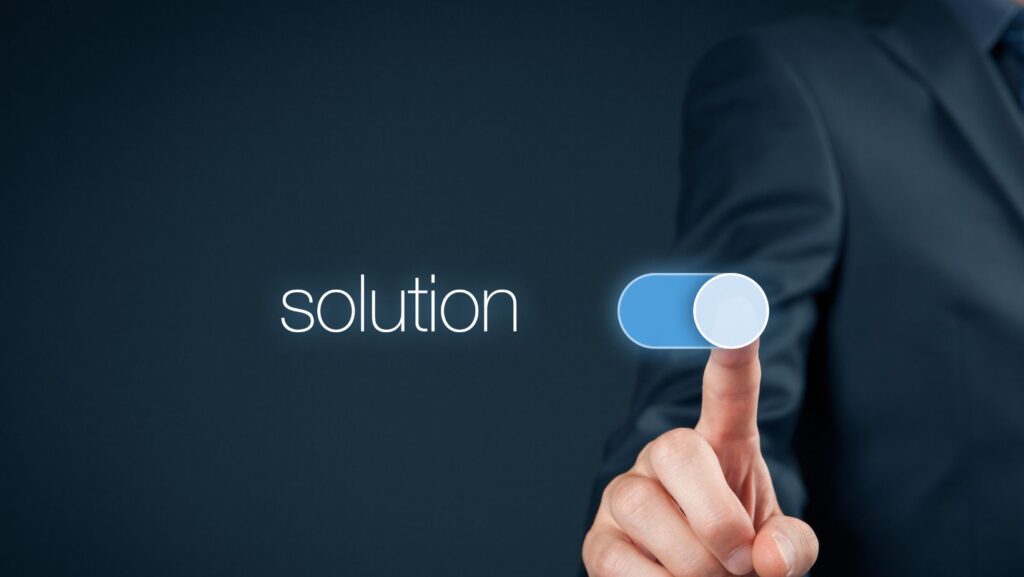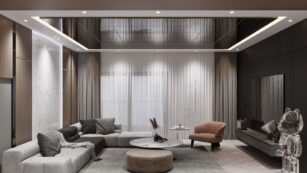
The rapid advancement of technology has revolutionized how we manage personal and business operations, and smart locker solutions are a prime example of this innovation. These systems provide a secure, efficient, and tech-savvy way to store and retrieve items in various contexts. From reducing logistical challenges to enhancing user convenience, smart lockers have emerged as versatile tools in many industries. There are several types of smart locker solutions, each tailored to specific needs. Let’s explore the different types and their unique applications.
University Smart Lockers
Universities have long required innovative storage solutions to serve their vast and diverse student populations. Smart lockers in educational institutions are now fulfilling that need. They are commonly used to store books, lab materials, or even personal belongings.
Campuses are large, and a centralized smart locker system allows students to keep their items safe without the need to carry them around all day. Some universities even integrate the system into campus ID cards, further enhancing functionality.
For example, STEM departments often utilize document drops or equipment rentals through smart lockers, streamlining procedures and cutting down administrative time. This multi-purpose use case makes them highly adaptable to the education sector.
Parcel Delivery Lockers
E-commerce has seen exponential growth over the last decade, driving the demand for parcel management solutions. Parcel delivery lockers cater primarily to this need. These lockers are designed to simplify the storage and collection of packages, reducing missed deliveries and increasing customer convenience.
Imagine receiving a text or email notification with a PIN code the moment your package arrives. That’s how parcel lockers work. They allow customers to pick up their items securely at any time, eliminating the hassle of coordinating with delivery drivers. Businesses and residential complexes, in particular, have adopted these systems to handle the increasing volume of online orders.
For retailers, this technology solves a crucial pain point—last-mile delivery. It cuts down delivery costs and minimizes the likelihood of theft or damage to packages left unattended.
Workplace Smart Lockers
Modern offices have transformed over the years, and the integration of smart lockers in workplaces has gained traction. These lockers serve multiple purposes, including storage for personal belongings, IT equipment, or even hot-desking tools for employees who don’t have assigned desks.
In today’s hybrid work models, companies value flexibility. A smart locker system can support that by providing temporary storage solutions. Imagine arriving at your office with no fixed desk but needing a secure spot to store your laptop or other items for the day. Smart lockers offer a tailored and secure solution.
On the back end, managers gain insights through digital records. This feature helps track locker usage and maintain efficient workflows. It also provides an audit trail in environments where sensitive items, like company-issued devices, are stored.
Temperature-Controlled Lockers
Temperature-controlled smart lockers address a niche but increasingly vital demand. These lockers are designed to preserve perishable items, such as groceries and medical supplies, by maintaining specific temperature requirements. With the rise of meal kit delivery services and online grocery shopping, these lockers have become revolutionary.
Picture this scenario. A customer orders fresh produce online but isn’t home when the delivery arrives. A temperature-controlled smart locker ensures the food remains fresh until the customer retrieves it. Businesses like supermarkets or pharmacies use these solutions to provide extended value to their customers.
But these lockers aren’t limited to food. Hospitals, research labs, and pharmaceutical companies rely on them to store sensitive medical items such as vaccines or specimens. Whether chilled or frozen, proper temperature settings are critical, making these lockers essential in such fields.
Laundry Lockers
How many times have you struggled to fit laundry pick-up or drop-off into your busy schedule? Laundry smart lockers alleviate this challenge through a seamless exchange system.
Users can deposit dirty clothes in a locker with a unique identifier. Once cleaned, the service provider returns the clothes to the locker, ready for pick-up. Simple yet effective. Dry cleaners, in particular, benefit from this by offering 24/7 convenience to their customers.
These lockers are also gaining popularity in residential buildings. Tenants appreciate the flexibility and hassle-free process, making this a win-win solution for both property managers and cleaning services.
Asset Management Lockers
Certain industries, such as manufacturing, healthcare, and law enforcement, operate in environments where specialized tools or equipment are essential. Asset management lockers are built to secure and track these valuable items.
These lockers often integrate with RFID technology, allowing for real-time tracking of items. For example, if an employee takes a power tool from the locker, the system logs the action. This ensures better accountability, reduces loss, and improves operational efficiency.
Consider a scenario in a hospital where medical devices need to be shared among staff members. Asset management smart lockers ensure the equipment is accessible but always accounted for, minimizing delays or confusion.
Fitness and Gym Lockers
Gyms and recreational facilities have also embraced the smart locker trend to enhance their members’ experiences. Traditional key or padlock systems come with risks—keys can be lost, or the wrong locker can be opened accidentally. With smart lockers, those risks vanish.
Members can access these lockers through codes, smartphone applications, or even biometric scanners. Gym operators gain an edge by offering secure and tech-savvy storage options, which help build customer loyalty. At the same time, operational efficiency is improved, as there is less concern about lost keys or broken locks.
Luxury fitness centers are pushing this even further, integrating with personalized apps that remember locker preferences or track activities. It’s another way smart lockers are being customized to enhance user engagement.
Residential Package Lockers
Multifamily housing developments are increasingly incorporating smart lockers to address package delivery issues. Residents can receive and pick up packages without coordinating directly with couriers, creating a smoother process for everyone involved.
Apartment complexes and condominiums often face logistical headaches with the growing volume of parcels. Packages left in open mail areas are vulnerable to theft, and front desk staff aren’t always available to assist. Residential smart lockers resolve these problems by providing a centralized, secure space for deliveries.
Additionally, many of these lockers offer 24/7 access, giving tenants the flexibility to retrieve their packages at a time convenient for them. Property managers benefit too, as it minimizes package-related inquiries and issues.
The Future of Smart Lockers
The potential for smart locker technology seems limitless. It is not just about storage; it’s about creating efficient ecosystems where convenience, security, and functionality converge.
Innovations such as artificial intelligence, integration with smart home devices, and adaptive biometric systems may soon redefine smart lockers further. These advancements could automate processes entirely, making interactions even faster and more intuitive. Whether in homes, offices, or public spaces, the evolution of smart lockers is a testament to how traditional systems can be reimagined in the digital age.
Smart locker solutions blend simplicity with sophistication. They cater to a variety of industries, solving pain points from item security to space optimization. By continuing to adapt to user needs and evolving technologies, they will remain a fundamental tool for storage and logistics in the modern era.













